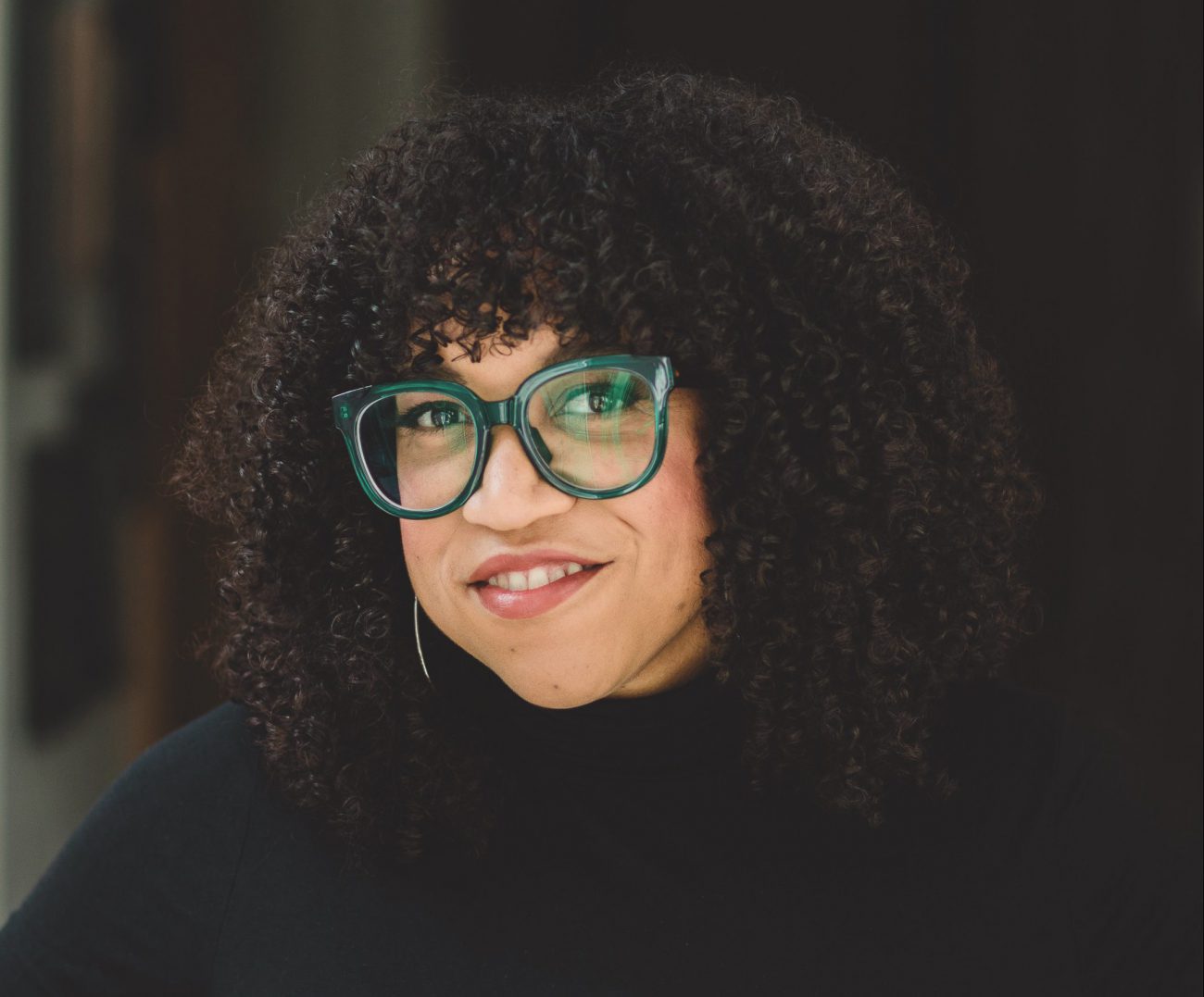Jael Richardson is a memoirist, author and book reviewer. In 2014, she founded the Festival of Literary Diversity (FOLD), held annually in Brampton, Ont., to give emerging and established authors from under-represented backgrounds a platform. Her latest book, Gutter Child: A Novel was published in January. She spoke with Erin Alladin.
Who is missing: I started the FOLD for writers we’re not seeing in festivals, and so they could be seen as experts in craft. Often they would only be invited to events to talk about race and identity. They weren’t on panels about making great characters or how to write a murder mystery.
You may unsubscribe from any of our newsletters at any time.
#OwnVoices: #OwnVoices is a term that’s used to describe books written by people with lived experience. So, for example, if it’s a story about a Black person, that it’s a Black person who wrote it. And that content, to me, is the most meaningful. It helps to correct some of the damaging things that we’ve told ourselves, that we’ve learned, that we’ve seen in the past.
Representation matters: A lot of writers of colour, a lot of queer writers, feel like there’s something wrong with us going through school because we’re not represented or because stories don’t seem to get who we are.
Moving past trauma storytelling: For Black, or Indigenous, or LGBTQ stories, it’s about making sure that kids see a full spectrum. The Black history that you hear about in school is often about suffering. It wasn’t until I was working on Gutter Child: A Novel that I started thinking about the fact that my ancestors were indigenous to the land that they were on. And they were kings and they were queens and they were tribal leaders and they were politicians. But the history I spent my entire life hearing has been “Slavery, slavery, slavery.’ And when our children’s books reinforce that, it tells you that’s all you are.
More on Broadview:
- Two Canadian films you won’t want to miss
- 5 things you’ll find in this birder’s tool kit
- Poet Ross Gay explores a joy informed by deep sorrow
Diversifying children’s literature: For me, the conversation has many layers. What are kids seeing when they read a book? What are kids seeing when they research the author and illustrator? And what are they finding or discovering about what they can do or not do?
Diversity benefits everybody: It’s also beneficial for white and south Asian kids to learn about Black kids, and for able-bodied kids to learn about disabled kids. There’s a fullness that’s missing that needs to be corrected. A lot of it stems from the fact that publishing professionals are largely straight, white and fairly privileged. It is just a known fact that you know your community, your space, better than you know other communities.
The economics of publishing: I think it’s really important that publishing starts to look at their economy. It isn’t just about checking off boxes and saying, ‘Okay, we’ve coloured enough people brown and enough people black and enough people peach.’ It’s about saying ‘Who are we economically supporting? What careers are we investing in? How many Black authors do we actually support and invest in?’
Intentional inclusion: I think you have to be really intentional when you’re doing this kind of work or you’ll miss it. I have a quote on my desk that says, ‘If you don’t intentionally include, you will unintentionally exclude.’ And I think that’s what’s been happening for a really long time.
Who’s missing? Diversity takes more work but leads to better results. Always. I think FOLD programming takes a lot longer than traditional festival programming because we’re constantly asking, is this panel a reflection of this topic? Do we have the right people? ‘Who’s missing?’ is our favourite question to ask.
The future of publishing: What I would love to see a generation from now is an industry that is thinking really carefully about who they’re publishing, about the range of stories that they’re publishing, and that the actual staff infrastructure looks quite different. That there are more women of colour, more trans and disabled writers who are at the top levels of the industry so that the ongoing work is more comprehensive, more thoughtful, more inclusive. But also feeding itself, making enough money that it can continue to do that.
A shorter version of this interview first appeared in Broadview’s March 2021 issue with the title “Jael Richardson.”
CORRECTION: A previous version of this interview stated that “Gutter Child” was published last fall. It was published in January. This version has been corrected.
Erin Alladin is a writer in McKellar, Ont.















Hello, I saw a 3 of your attention-grabbing posted posts and wished to ask if you would be keen on reciprocal pages? Group have weblog about alexis texas ass! Anyway, in my language, there will not be a lot good supply like this. http://www.xmc.pl/